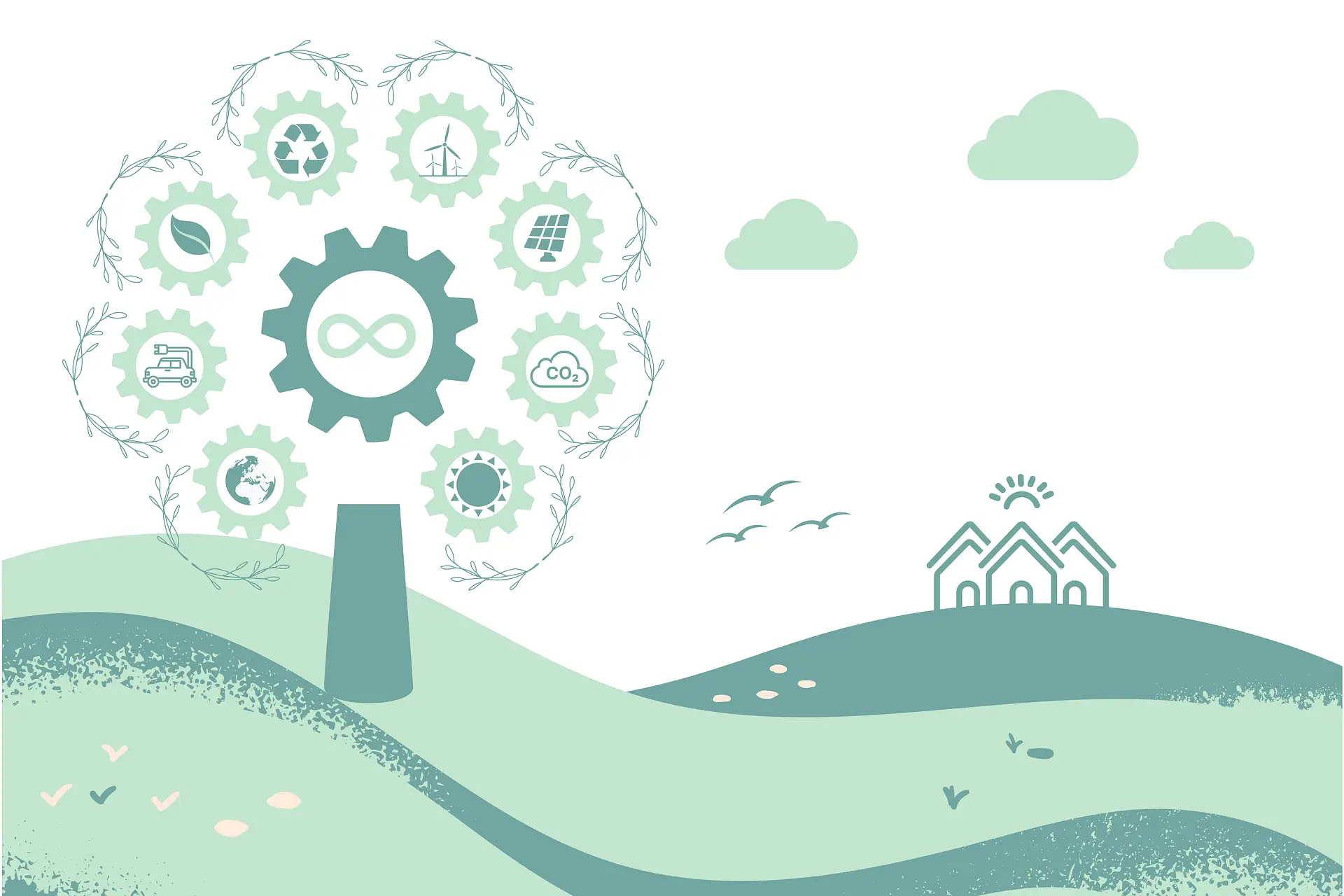Introduction to Sustainable Living in Dubai
As one of the fastest-growing cities in the world, Dubai has made significant strides towards sustainable living amidst its arid desert environments.
The city’s rapid urbanization and development have raised concerns over resource consumption and environmental impact.
In response, Dubai has implemented various green initiatives to minimize its ecological footprint and foster a culture of sustainability among its residents.
The vision for a sustainable Dubai is not only an ambitious goal but also a necessity for the future of its inhabitants.
Dubai’s Green Building Regulations
One of the cornerstones of Dubai’s sustainability efforts is its commitment to green building practices. The Dubai Municipality has established a set of regulations that promote environmentally friendly construction and renovation.
The Dubai Green Building Code encourages using sustainable materials, energy-efficient designs, and innovative technologies that reduce water and energy consumption.
This initiative aims to ensure that all new buildings, including residential, commercial, and public structures, adhere to strict sustainability standards, ultimately contributing to a more eco-conscious urban landscape.
Renewable Energy Projects
Recognizing the importance of renewable energy, Dubai has invested heavily in solar power as part of its long-term strategy to diversify energy sources. The Mohammed bin Rashid Al Maktoum Solar Park, one of the largest solar parks in the world, is a flagship project that aims to generate 5,000 megawatts of energy by 2030.
This ambitious project not only reduces reliance on fossil fuels but also significantly lowers greenhouse gas emissions.
Additionally, Dubai’s commitment to renewable energy is evidenced by its goal to achieve 75% of its energy needs from clean sources by 2050, showcasing its dedication to a sustainable future.
Water Conservation Efforts
Water scarcity is a pressing issue in Dubai, and the government has implemented various initiatives to promote water conservation.
Technologies such as smart irrigation systems, water recycling, and desalination plants have been prioritized to ensure sustainable water usage.
The Dubai Water and Electricity Authority (DEWA) has launched campaigns to raise awareness about water conservation among residents, encouraging them to adopt practices that minimize waste.
Furthermore, the introduction of water-efficient fixtures and appliances in homes and businesses is helping to reduce overall consumption and promote a culture of sustainability.
Waste Management and Recycling
Dubai is also making strides towards effective waste management and recycling practices. The city aims to divert 75% of its waste from landfills by 2021 through various initiatives.
One of the key programs is the “Dubai Waste Management Strategy,” which focuses on reducing, reusing, and recycling waste materials.
The introduction of recycling bins across the city, as well as community awareness campaigns, encourages residents to participate in recycling efforts.
Additionally, the city is exploring innovative waste-to-energy technologies to convert waste into a valuable energy source, further contributing to its sustainability goals.
Green Spaces and Urban Biodiversity
In its quest for a sustainable future, Dubai is also investing in the development of green spaces and promoting urban biodiversity.
Parks, gardens, and urban farms are being integrated into the cityscape to provide residents with access to nature and outdoor recreational opportunities.
The Dubai Marina and Al Qudra Lakes are examples of initiatives that enhance the city’s green infrastructure. These spaces not only improve air quality but also promote mental well-being and community engagement.
The introduction of native plant species in landscaping efforts further supports local wildlife and enhances biodiversity within the urban environment.
Community Engagement and Education
The success of Dubai’s sustainability initiatives relies heavily on community engagement and education.
Various programs and workshops are organized to educate residents about sustainable practices and the importance of protecting the environment.
Schools are also encouraged to incorporate sustainability into their curricula, fostering a sense of responsibility among the younger generation.
Events such as the “Sustainable Living Festival” and “World Environment Day” celebrations create platforms for individuals and organizations to showcase their commitment to sustainability and inspire collective action.
A Vision for the Future
Dubai’s journey towards sustainable living in the desert is a testament to its commitment to environmental stewardship and innovation.
Through a combination of green building regulations, renewable energy projects, water conservation efforts, waste management strategies, and community engagement, the city is paving the way for a more sustainable future.
As Dubai continues to evolve, its dedication to sustainability will not only enhance the quality of life for its residents but also serve as a model for other cities around the world facing similar challenges in the pursuit of a greener planet.

